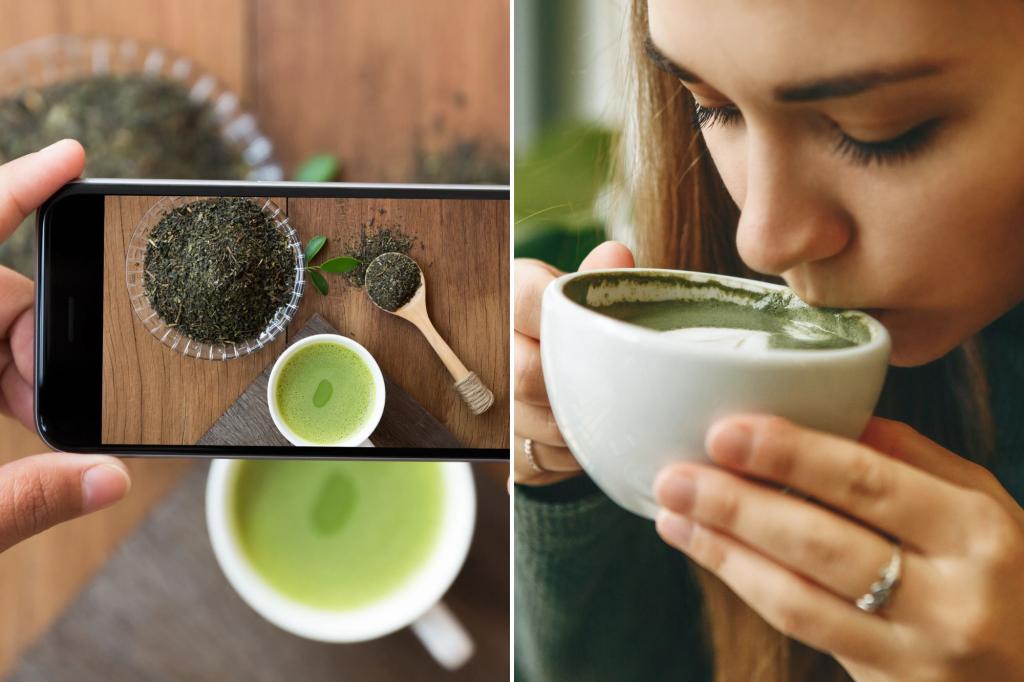Summarize this content to 2000 words in 6 paragraphs
Here’s the tea: there’s a shortage of matcha.
Once easily found in grocery stores and cafes, the powdered green tea product is now scarce thanks to its popularity on social media — and devout drinkers around the world are scrambling to get their fix.
Erica Lee, a content creator who frequently visits Japan, told Eater that her main goal on her most recent trip was to buy a tin or two of matcha. Instead, she found empty shelves.
Signs plastered to supermarket shelves warn customers that it is “very difficult” to acquire matcha, according to one TikTok clip. In one store, too much product was sold this year and they will not have any in stock until the new harvest in June 2025, as vendors in Kyoto, Tokyo and other cities in Japan were plagued by the same supply issues, according to the vendor.
“POV: the girls have caused a matcha shortage in Japan,” reads the text on the video posted by travel content creator @runawaywithk, who claimed one storefront claimed a customer purchased 25 tins at once.
On #matchatok, TikTokkers have made the humble powdered tea into a viral sensation, with the tag boasting more than 40,000 posts dedicated to matcha-making methods, recipes and hauls.
Those same creators, however, are facing backlash for their overconsumption of the products as shelves run dry, as users vow they will “never forgive TikTok” for making the drink so popular.
As proponents of the drink predict it could become as ubiquitous as coffee, sales of matcha have achieved more than $10 billion in the US over 25 years, Eater reported.
Megumi Kanaike, the manager of the Sydney-based tea store Simply Native, told the Guardian that, over the last six months, sales of matcha at her shop have soared to an “insane” 250%. It’s a phenomenon she called an “unexpected worldwide boom.”
Marukyu Koyamaen, one of the more popular tea brands, is currently sold out of all their matcha products offered at the company’s international online store.
“They did roughly six months of sales in a little less than a month,” Zach Mangan, the owner of the Brooklyn tea company Kettl who met with the brand’s representatives on a recent trip to Japan, told Eater.
He visited the city of Uji, where “there has been a run on several matcha producers,” according to Mangan. He explained that, because tencha, the leaves from which matcha is made, is only harvested once per year in the spring, it limits the quantities produced and sold.
“It’s not like it’s just growing there and you can do another harvest real quick,” he said, adding that “they’re not Amazon products that you just have all year.”
However, Kanaike argued that not all matcha variations will be affected the same, as some producers still have matcha in stock. Some content creators took to TikTok to prove that there is, in fact, still matcha in stock at some local haunts.
“The brands that have been impacted most are the ones that people overseas like, the ones that have gone viral on social media,” she said.
In the comments of a video posted by Meredith Mao, a creator who touted her gargantuan haul of matcha tins and packets from overseas online, viewers called her “greedy and embarrassing.”
“I feel bad for all the people who were excited to buy some and couldn’t because of your overconsumption,” one person wrote.
“Hey, so this is insane,” quipped another.
“With the matcha shortage going on I think you may be suspect number one girl,” critiqued someone else.


